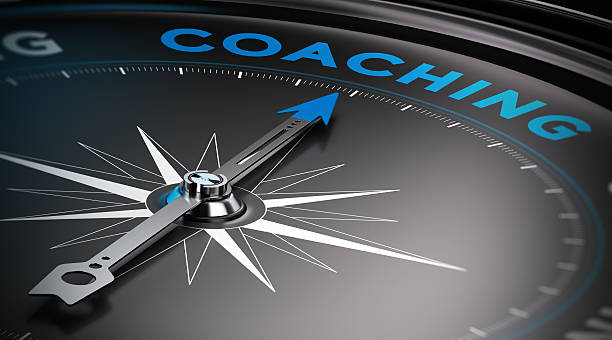
Coaching Power
Coaching, Business Professional Coaching, and so on in today’s modern business world, coaching is often used as a disguised way for your boss to tell you what you need to do.
How often have you sat across from the person in charge and he or she says, “I going to coach you”. They then proceed to tell you is what you are doing wrong or that you need to do this. The truth is that this is not coaching. It is just your boss telling you to change. True COACHING involves a safe place to openly discuss, and guided questions asked by a trained coach.
Coaching has become so popular today that everyone on the earth seems to call themself a coach. You have a fitness coach, a lifestyle coach, and of course a tennis coach. There are some amazing individuals that provide excellent guidance for becoming better but, they are not truly coaching. The International Coaching Federation defines coaching as partnering with clients in a thought-provoking and creative process that inspires them to maximize their personal and professional potential. So how often are your thoughts provoked when your health coach tells you to do push-ups or eat potassium-rich bananas after a hard workout. This is directing, or what we all think of when we remember the coach from the basketball team. They use their experience and training to make you better. But professional coaching you are guided to the answers you seek. You get your thoughts challenged. You are faced with hard questions that you may not want to ask yourself. Professional Coaching forces one to face the world and move in a direction that is best for them, not necessarily best for someone else. This is where you the client will put in the hard work to discover a better you and hold you accountable for growth to succeed past your own limitations.
Don’t let the word coach confuse you. There is nothing wrong with the other style of coaches. Many people need these individuals to find ways to improve, become healthy, improve their backhand, or speak. These people are sought by you to help. So do not be fooled when the boss tells you they what to coach you.
I will discuss the ICF defined coaching, so not to attack or offend other coaches
Coaching is studied and has data to show the power it brings to individuals and organizations. The use of professional coaches by top executives continues because of this power. Here are just a few stats that show how coaching has helped.
The best example of the power of coaching comes from The University of Sydney, Dr. O’Connor and Cavanagh report the following. “The coaching intervention was effective in increasing individual levels of wellbeing, transformational leadership and goal attainment for those coached”. This study along with other studies being performed in top Psychology departs have helped to bring professional coaching into the business world and have shown how truly powerful f a tool it is.
Coaching is a powerful tool for growth, motivation, increased ability, and increased understanding. The real power of coaching is in its use of powerful questions to guide you to that next level. There are many professional coaches that exist, and many can help guide you to the better you. However, there are several that can be a hindrance to your growth. The following are some steps to help you select a professional coach for you.
SELECTING A PROFESSIONAL COACH